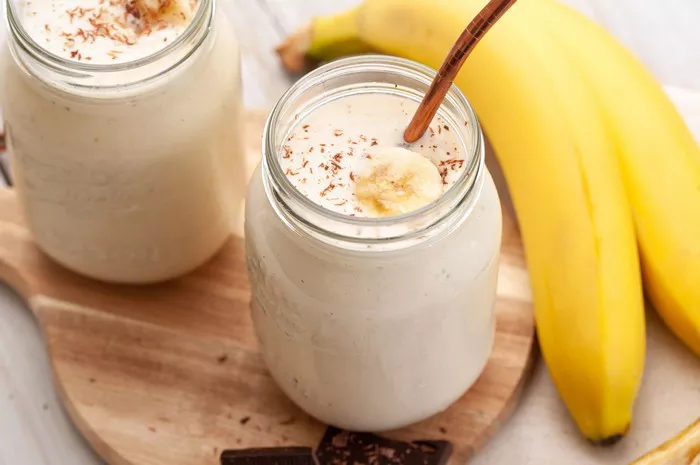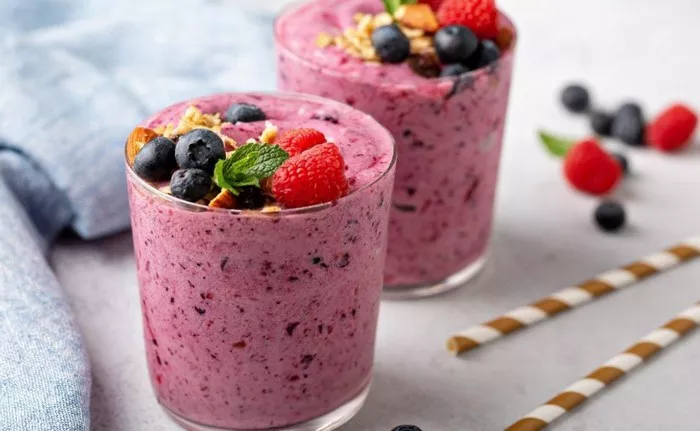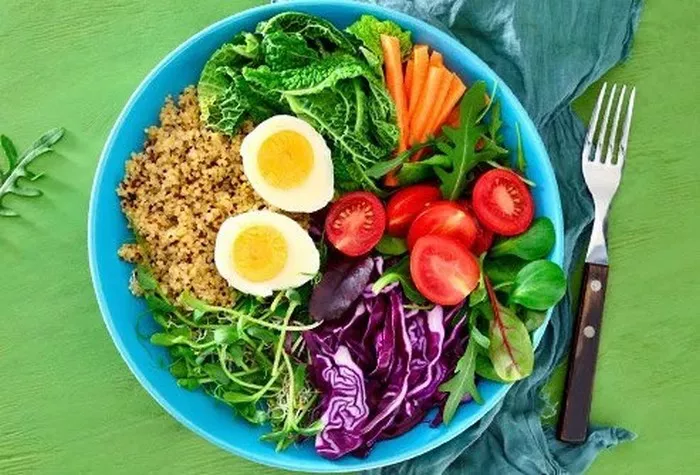Losing belly fat is a common goal for many individuals, and diet plays a crucial role in achieving this. While exercise is important, what you eat can significantly impact your progress. Certain foods can contribute to abdominal fat accumulation, while others can aid in its reduction. In this article, we’ll explore the foods you should avoid to help lose belly fat. By making informed dietary choices, you can take a significant step towards achieving a flatter stomach.
Sugary Drinks: Liquid Calories
One of the first things you should stop drinking is sugary beverages. These include sodas, fruit juices, energy drinks, and even some coffee drinks laden with syrups and sugars. Sugary drinks are high in calories and low in nutritional value, making them a major contributor to weight gain and belly fat.
Why They’re Harmful
High Calorie Density: Sugary drinks are packed with calories, and since they don’t provide any satiety, you can easily consume excess calories without feeling full.
Spike in Blood Sugar: Sugary drinks cause a rapid spike in blood sugar levels, followed by a crash. This rollercoaster effect can lead to increased hunger and cravings for more sugar.
Insulin Resistance: Overconsumption of sugar can lead to insulin resistance, a condition where your cells stop responding to insulin properly. This can result in increased fat storage, particularly around the abdomen.
Better Alternatives:
Switch to water, herbal teas, or unsweetened black coffee. If you crave flavor, add a slice of lemon, cucumber, or a splash of natural herb extracts like mint or lavender.
Processed Snacks: Empty Calories
Processed snacks such as potato chips, cookies, crackers, and microwave popcorn are high in unhealthy fats, sugars, and sodium. These snacks provide little nutritional value and are often high in calories, making them a significant contributor to weight gain.
Why They’re Harmful
Trans Fats: Many processed snacks contain trans fats, which are harmful to heart health and increase inflammation in the body, promoting fat accumulation.
High Sodium Content: High sodium intake can lead to water retention and bloating, making your belly look larger.
Addictive Nature: Processed snacks are often designed to be highly addictive, making it hard to stop eating once you start.
Better Alternatives
Opt for whole-food snacks like fresh fruits, nuts, seeds, and yogurt. These snacks are high in nutrients and fiber, which can help keep you full and satisfied.
Refined Grains: Lack of Nutrients
Refined grains, such as white bread, white rice, and pasta, have been stripped of their nutrients and fiber during processing. These foods are high in simple carbohydrates, which can lead to blood sugar spikes and crashes, increased hunger, and fat accumulation.
Why They’re Harmful
Low Fiber Content: Refined grains lack dietary fiber, which is essential for good digestion and keeping you full.
High Glycemic Index: Refined grains have a high glycemic index, meaning they cause a rapid rise in blood sugar levels, followed by a crash. This can lead to increased hunger and cravings for more high-carb foods.
Lack of Nutrients: Refined grains are often fortified with synthetic nutrients, but they still lack the beneficial compounds found in whole grains, such as antioxidants and phytonutrients.
Better Alternatives
Choose whole grains like brown rice, quinoa, whole wheat pasta, and whole grain bread. These grains are high in fiber, nutrients, and antioxidants, which can help you feel full and satisfied while promoting overall health.
Alcohol: Empty Calories and Inflammation
Alcohol is another major contributor to belly fat. It’s high in calories and low in nutritional value, making it easy to consume excess calories without realizing it. Additionally, alcohol can cause dehydration, inflammation, and disrupt your sleep patterns, all of which can negatively impact your weight loss efforts.
Why It’s Harmful
Empty Calories: Alcohol is high in calories but provides no nutritional value.
Dehydration: Alcohol is a diuretic, meaning it causes your body to lose water. Dehydration can lead to bloating and make your belly look larger.
Inflammation: Alcohol can cause inflammation in the body, which promotes fat accumulation around the abdomen.
Disrupted Sleep: Drinking alcohol before bed can disrupt your sleep patterns, leading to increased hunger and cravings the next day.
Better Alternatives
Limit your alcohol intake or avoid it altogether. If you do choose to drink, stick to moderate amounts and opt for lower-calorie options like red wine or spirits mixed with water or soda water.
Junk Food: High in Calories and Low in Nutrients
Junk food, such as fast food, burgers, fries, and fried chicken, is high in calories, unhealthy fats, sugars, and sodium. These foods provide little nutritional value and are often high in unhealthy additives and preservatives.
Why It’s Harmful
High Calorie Density: Junk food is high in calories and low in satiety, making it easy to overeat.
Unhealthy Fats: Many junk foods are high in trans fats and saturated fats, which are harmful to heart health and promote inflammation.
Additives and Preservatives: Junk food often contains unhealthy additives and preservatives, which can negatively impact your overall health and weight loss efforts.
Better Alternatives
Prepare your meals at home using whole, unprocessed ingredients. This way, you can control the quality and nutritional content of your food. If you do choose to eat out, opt for healthier options like grilled chicken, salads, or steamed vegetables.
Conclusion
Losing belly fat requires a combination of diet and exercise. By avoiding sugary drinks, processed snacks, refined grains, alcohol, and junk food, you can take a significant step towards achieving your weight loss goals. Focus on consuming whole, unprocessed foods that are high in nutrients and fiber, and stay hydrated and active. With consistent effort and dedication, you can achieve a flatter, more toned stomach and improve your overall health. Remember, the key to successful weight loss is making informed dietary choices and sticking to them consistently.
Related Topics:

























